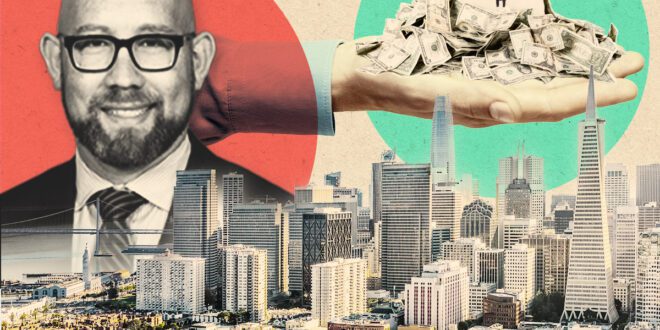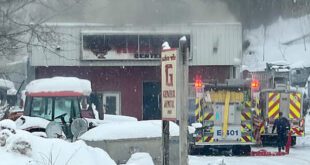San Francisco’s Ailing Office Sector Faces Hurdle of Soaring Business Taxes and Remote Work
Add soaring business taxes to remote work as a hurdle facing San Francisco’s ailing office sector.
That’s the conclusion of the San Francisco Controller’s Office in a report on the impact of declining commercial property values to the city’s tax base, The San Francisco Standard reported.
Excessive Taxes Impede San Francisco’s Business Growth
According to the report, a company with $30 billion in sales would pay 20 times more in local business taxes in San Francisco than if it set up shop in Mountain View, 200 times more than in San Jose, and 1,300 times more than in Sunnyvale.
“The city, which started the decade with the highest business tax burden of any city in California, further raised that burden with several rate increases and new taxes,” said the report, which was written in response to a letter of inquiry from Supervisor Rafael Mandelman.
Immediate Impact of Remote Work on Tax Collections
The report also concluded that remote work has had an immediate and direct impact on tax collections.
The city’s business tax revenue is increasingly reliant on higher-rate payers, according to the controller, who have greater choices to downsize or leave town.
“Our unique vulnerability to a few companies moving their headquarters out of San Francisco demands that we urgently explore new ways to encourage businesses to locate and grow in San Francisco, as well as strategies to make our tax base more resilient,” Mandelman said.
San Francisco’s Tax Structure and Revenue Sources
San Francisco’s business taxes are the city’s second-highest source of revenue after property taxes.
They include the Gross Receipts Tax along with newer fees such as the Homelessness Gross Receipts Tax and the Commercial Rents Tax. Voters also approved an Overpaid Executive Tax meant to target companies with large pay gaps between executives and rank-and-file workers.
The byzantine bramble of taxes and fees amounted to disincentives for firms during the pandemic, encouraging them to keep employees home in order to save money on tax bills.
Urge for Tax Reform and Reviving Downtown
“We’ve had a series of vindictive, economically short-sighted, politically motivated tax proposals,” Wade Rose, the president of business advocacy group Advance SF, told the Standard.
“Now we face a situation where the city does not have a diverse tax base, is facing more volatility and has pretty much priced itself out of the market for large companies to locate here,” he said.
Mayor London Breed and local officials have urged an overhaul of the city’s tax structure to lure back businesses and revive Downtown. The controller’s research sets the stage for what is likely to become a tax reform ballot measure for November 2024, according to the newspaper.
— Dana Bartholomew
 Mind Uncharted Explore. Discover. Learn.
Mind Uncharted Explore. Discover. Learn.



